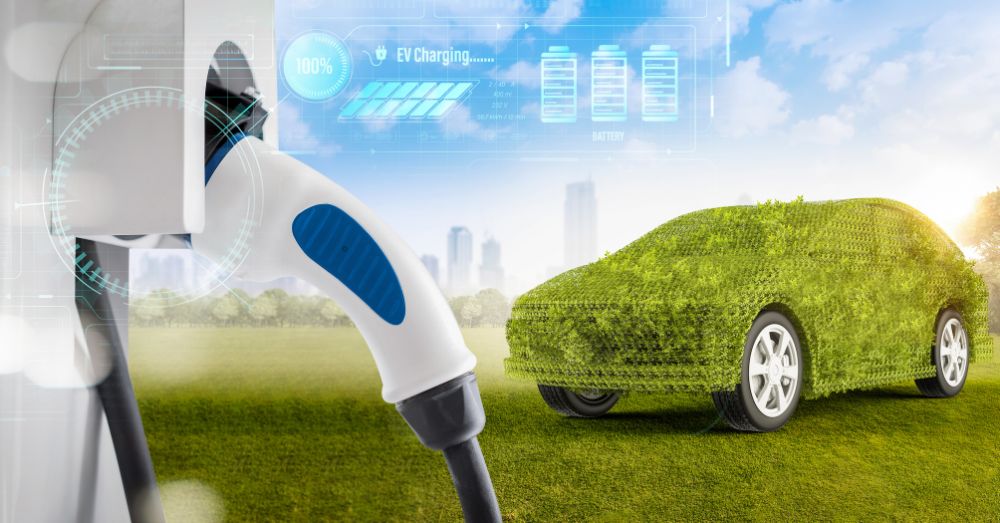As the automotive industry continues its shift towards sustainability, both hybrid and electric vehicles (EVs) have become popular choices for eco-conscious consumers. With advancements in technology, 2024 is shaping up to be a pivotal year for fuel efficiency across both categories. But the question remains: which is the better option—hybrid cars or fully electric vehicles? Let’s break down the differences, advantages, and considerations between these two powertrains.
What Are Hybrid Cars?
Hybrid cars are powered by a combination of an internal combustion engine (ICE) and one or more electric motors. These vehicles use both gasoline and electric energy to optimize fuel efficiency and reduce emissions. The key advantage of hybrids is that they can recharge their batteries using regenerative braking and the engine, eliminating the need to plug into a charger.
Popular hybrid models in 2024 include:
- Toyota Prius: A long-standing leader in hybrid technology, offering excellent fuel efficiency and low emissions.
- Honda CR-V Hybrid: A family-friendly option that blends practicality with fuel savings.
- Ford Maverick Hybrid: A compact truck that demonstrates hybrids are not just for cars anymore.
What Are Electric Vehicles (EVs)?
Electric vehicles, on the other hand, are powered solely by electricity, with no reliance on gasoline. They run on large battery packs and need to be recharged through an external power source, such as a home charging station or a public fast charger. EVs produce zero emissions and are seen as a cleaner alternative to both gasoline and hybrid vehicles.
Notable EVs in 2024 include:
- Tesla Model 3: A popular choice offering impressive range and cutting-edge technology.
- Ford Mustang Mach-E: Combining performance with sustainability, it’s a top contender in the EV space.
- Nissan Ariya: An up-and-coming electric crossover with a solid range and family-oriented design.
Fuel Efficiency: Hybrid vs. Electric
Hybrid Fuel Efficiency in 2024
Hybrids offer a significant improvement in fuel efficiency over traditional gas-powered cars. In 2024, many hybrid models can achieve over 40 to 60 miles per gallon (MPG), depending on the driving conditions and the vehicle type. The most fuel-efficient hybrids are typically compact cars and sedans, though even SUVs are becoming more efficient with hybrid powertrains.
Pros:
- Extended driving range: Hybrids can cover hundreds of miles on a full tank of gas and a charged battery, often providing more range than most EVs.
- No need for charging stations: Since hybrids can refuel at any gas station and recharge through regenerative braking, there’s no dependency on charging infrastructure.
- Lower upfront cost: Hybrid vehicles generally have a lower purchase price than fully electric cars, making them accessible to a wider range of consumers.
Cons:
- Emissions: While hybrids are more fuel-efficient than gasoline cars, they still produce some emissions due to their internal combustion engines.
- Maintenance: Hybrids have both an engine and a battery system, which can lead to more complex maintenance needs.
Electric Car Fuel Efficiency in 2024
Electric vehicles boast incredible efficiency, with most models consuming between 25 to 35 kilowatt-hours (kWh) per 100 miles. This makes them highly cost-effective in terms of energy consumption, as electricity is generally cheaper than gasoline. Additionally, EVs are exempt from producing tailpipe emissions, which makes them the cleanest option on the road.
Pros:
- Zero emissions: EVs produce no greenhouse gases or pollutants, making them ideal for those focused on reducing their carbon footprint.
- Lower operating costs: Electricity is typically less expensive than gasoline, and EVs have fewer moving parts, which reduces maintenance expenses.
- Government incentives: In many regions, EV owners benefit from tax credits, rebates, and incentives, which can lower the overall cost of ownership.
Cons:
- Limited range: Although improving, EVs still have shorter ranges compared to hybrids. Most electric cars in 2024 offer between 200 to 350 miles on a full charge, though some premium models like the Tesla Model S can exceed 400 miles.
- Charging infrastructure: While the charging network is growing, EV owners still need to plan their trips around charging stations, especially on longer journeys. Charging times can also vary, with fast chargers taking as little as 30 minutes and home chargers requiring several hours.
- Higher upfront costs: EVs tend to have a higher initial purchase price, although long-term savings on fuel and maintenance can offset this over time.
The Verdict: Which Should You Choose in 2024?
Choosing between a hybrid and an electric vehicle in 2024 depends largely on your lifestyle, driving habits, and access to charging infrastructure.
- Choose a Hybrid if you want flexibility and range without worrying about charging stations. Hybrids are ideal for those who do a lot of highway driving or live in areas where public charging options are limited. They also tend to have a lower purchase price and provide the convenience of traditional refueling.
- Choose an Electric Vehicle if you’re committed to reducing your carbon footprint and have access to charging at home or at work. EVs are perfect for city dwellers or those who have predictable commutes and want the lowest environmental impact. While the upfront cost may be higher, the savings on fuel and maintenance could make up for it over time.
The Future of Fuel Efficiency
As we look beyond 2024, it’s clear that both hybrids and electric vehicles will continue to evolve. Automakers are investing heavily in improving battery technology, reducing charging times, and increasing the range of EVs. Simultaneously, hybrid vehicles are getting more efficient, offering a bridge between traditional gasoline power and full electrification. Ultimately, both options represent the future of clean, fuel-efficient driving, and your choice will depend on your individual needs.
No matter which side you choose in the hybrid vs. electric showdown, one thing is certain—2024 is a great time to invest in fuel-efficient, eco-friendly vehicles.

